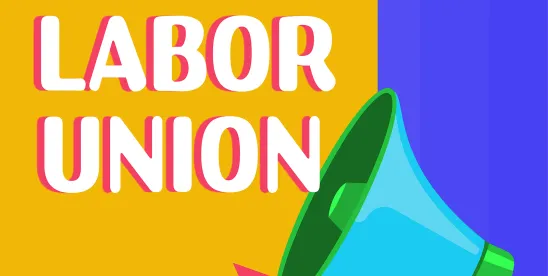With a new administration looming, the National Labor Relations Board (“Board”) recently issued two decisions that radically depart from established law about what an employer can say and how an employer can lawfully meet with its employees during a union organizing campaign.
- Employers have always been able to tell employees that one of the disadvantages of unions is that they impede direct dealing between the company and its employees. This is because employees give up their individual rights in favor of exclusive collective representation by the union, and it puts a third party in the middle of the employment relationship. Despite this being an obvious truism, depending on what is said by the company, this may now be illegal under the Board’s decision in Siren Retail Corp. dba Starbucks and Workers United affiliated with Service Employees International Union (“Starbucks”).
- Employers have always been able to have a mandatory meeting—the so-called “captive audience meeting”—of all employees in the bargaining unit at least 24 hours before a union representation election to make its case for why it believes that a union is unnecessary for the employees. These meetings have been among the top tools employers use to fend off union organizing campaigns. This type of mandatory meeting is now illegal under the Board’s decision in Amazon.com Services LLC and Amazon Labor Union (“Amazon”).
Time will tell if these decisions hold up under the new administration; but, for now, they are the law.
The Starbucks Decision
Section 9(a) of the National Labor Relations Act (“NLRA”) gives employees the right “to present grievances to their employer and to have such grievances adjusted” even without a union, provided doing so does not violate a collective bargaining agreement. In Starbucks, the Board held that telling employees that voting in a union could make communication with management more difficult violates Section 9(a) and is an implied threat that is coercive in nature. Now, employers can only make these statements if they are fact-based and “carefully phrased” to “convey an employer’s belief as to demonstrably probable consequences beyond his control.”
The Amazon Decision
In Amazon, the Board outlawed captive audience meetings. The Board’s majority held that mandatory meetings to express the employer’s views on unions violate Section 8(a)(1) of the NLRA, which makes it an unfair labor practice to “interfere with, restrain, or coerce employees in the exercise” of employees’ labor rights. Now, an employer may only have a voluntary meeting with employees and must provide the following disclosure and assurances for any such meeting: (i) that the employer intends to express its views on unionization at the meeting; (ii) that employees will not be subject to discipline, discharge, or other adverse consequences for failing to attend the meeting or for leaving the meeting; and (iii) that the employer will not keep records of which employees attend, fail to attend, or leave the meeting.
Even if these conditions are met, the Board left open the possibility that conduct by the employer, which implies that there may be negative consequences for not attending the meeting, might be coercive and unlawful. For example, the Board explained that an express order from a supervisor, manager, or other agent of the employer to attend such meeting is sufficient, but not always necessary, to establish a violation and indicated that including the meeting on employee’s work schedule or a supervisor, manager, or other agent telling employees that they are scheduled for the meeting would be considered to be compelling attendance.
The key takeaway is that employers should not assume that what they or their consultants have done before in an organizing campaign remains lawful. Employers must take these developments into account when drafting the talking points for a union organizing campaign and need to take great care in their communications.




 />i
/>i

